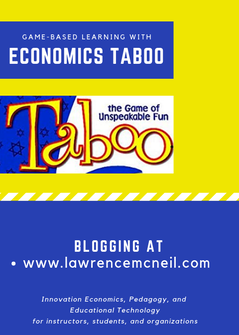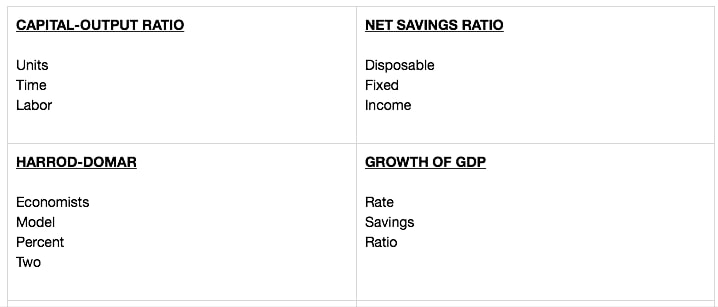This is a perfect game for an academic environment since we spend so much time teaching students the meaning of domain-based words, phrases, and concepts. Here’s how I implemented the game: Preparation:
Implementation:
This will be a great experience for you and the students. Always remember to keep it fun and light. Give credit to the volunteers for their help. Most importantly, be very organized in the preparation and delivery of the game. If you are organized, this will be among the most memorable activities of your entire semester. References:
Cheong, C., Cheong, F., and Fillipo, J. (2014). Towards the Gamification of Learning: Student Perceptions of Game Elements. Journal of Information Systems Education 25 (3), 233-245. Deterding, S., Sicart, M., Nacke, L., O'Hara, K., & Dixon, D. (2011). Gamification: Using Game-Design Elements in Non- Gaming Contexts. The Annual Conference Extended Abstracts on Human Factors in Computing Systems. Kapp, K. M. (2012). The Gamification of Learning and Instruction: Game-Based Methods and Strategies for Training and Education. San Francisco: Pfeiffer.
2 Comments
|


 RSS Feed
RSS Feed